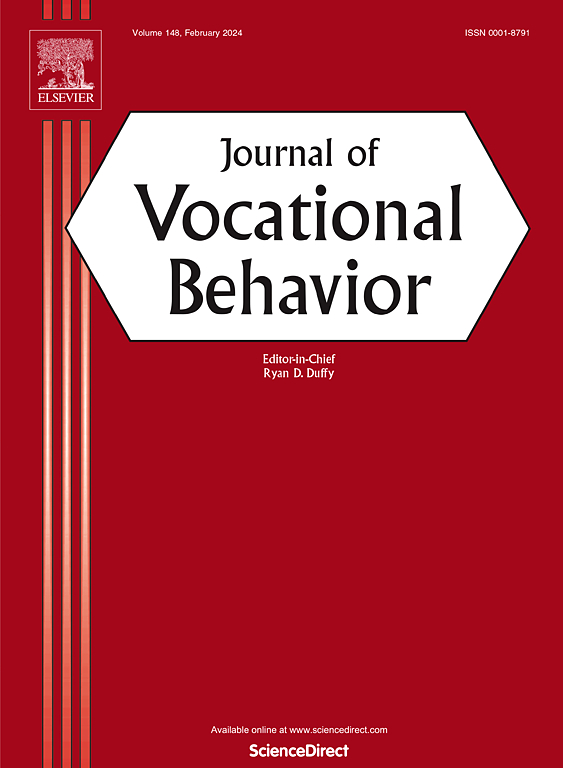Informal workplace learning (IWL) is the predominant form of vocational learning. In striving to foster IWL, the focus of previous research has been on work design: according to the active learning hypothesis, both job resources and job demands can lead to learning. Informal learning research has so far agreed with this assumption but has hardly investigated the direction of effects or explaining mechanisms. The alternative active shaper hypothesis suggests that engagement in learning leads to more job resources but can also create higher job demands. The underlying processes in both hypotheses may be related to proactive behavior such as job crafting. In this article we present the results of two longitudinal studies focusing on job control and workload. In study 1, we used a cross-lagged panel design with structural equation modeling to analyze two-wave data with a 1.5-year interval among 129 blue-collar workers. The results suggest that IWL leads to job control and workload; the reverse causal direction was not significant. Hence, study 1 provided support for the active shaper hypothesis. In study 2, we used three-wave data with a 4-week interval among 216 white-collar workers to examine potential mediating effects of job crafting in the relationship between IWL and work characteristics. The results supported the assumption that task crafting and relational crafting mediate between job control and IWL and vice versa, and that relational crafting mediates between IWL and job control. No mediating effects were found with respect to workload, and cognitive crafting did not function as a mediator either. In supplemental analyses, we found mostly evidence that informal learning and job crafting are distinct constructs. The findings partly contradict the predominant active learning hypothesis and have implications for workplace learning research and personnel development in organizations.


